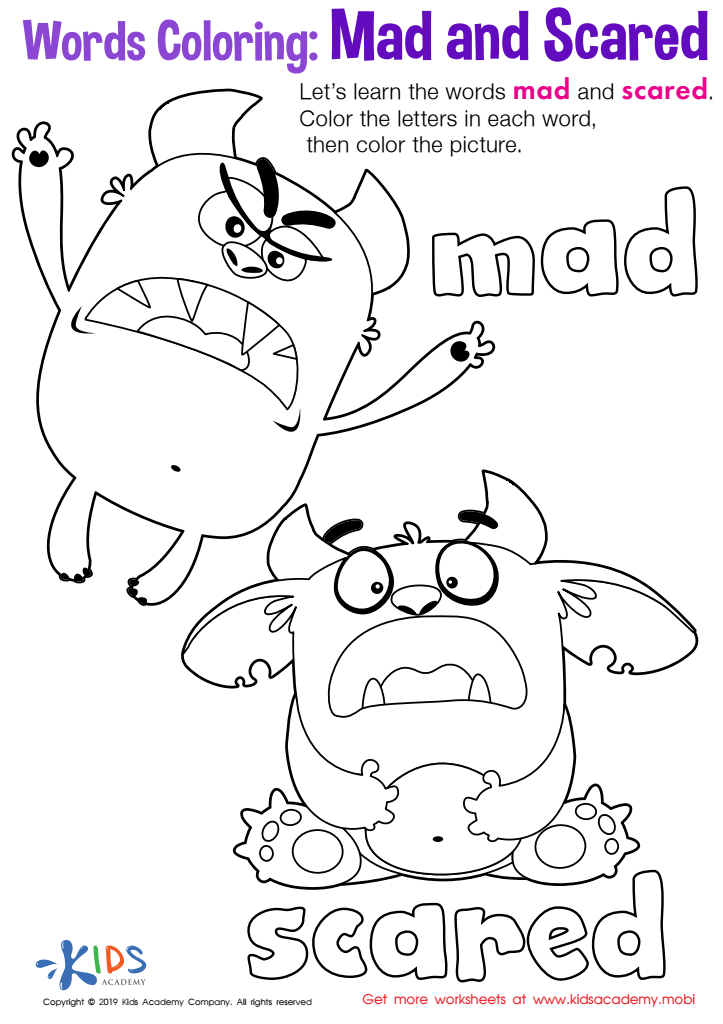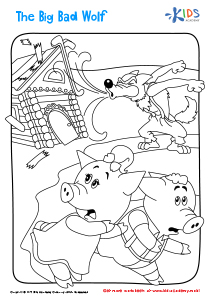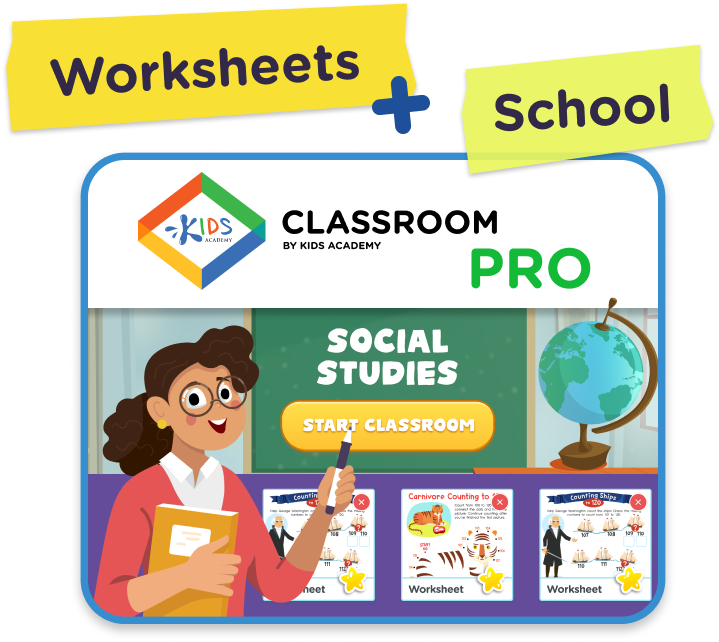Feelings and Emotions Worksheets for Ages 4-8
4 filtered results
-
From - To
Explore our engaging "Feelings and Emotions Worksheets for Ages 4-8," designed to help young children understand and express their emotions! These fun and educational worksheets include colorful coloring pages, expressive activities, and interactive exercises that encourage kids to identify and articulate their feelings. Ideal for home or classroom use, our resources facilitate conversations about emotions, fostering emotional intelligence and empathy in early learners. With vibrant illustrations and easy-to-follow tasks, children will enjoy learning about happiness, sadness, anger, and more. Empower your little ones to recognize their emotions and the emotions of others while having fun! Discover and download today!


Happy and Sad Words Coloring Worksheet


Mad and Scared Words Coloring Worksheet


Tired and Worried Words Coloring Worksheet


Happy Family Coloring Worksheet
Caring about feelings and emotions in children aged 4-8 is crucial for their overall development. At this tender age, children are not only learning to identify their own emotions but are also beginning to understand and empathize with the feelings of others. Recognizing and discussing feelings helps children cultivate emotional intelligence, which supports better relationships and enhances their social skills.
Teachers and parents play a vital role in guiding children toward emotional awareness. By acknowledging and validating their emotions, adults create a safe space for children to express themselves. This practice fosters resilience, equipping young learners with strategies to cope with challenges and stress. Moreover, understanding emotions can lead to improved behavior and classroom dynamics as children learn to communicate effectively and manage conflicts.
Additionally, emotional learning lays the foundation for academic success. When children are emotionally content, they are more focused and motivated to learn. By emphasizing feelings and emotions, adults are not only promoting healthy psychological development but also nurturing compassionate, well-rounded individuals who are prepared for future interactions and challenges. Supporting children's emotional journeys ultimately enriches both their well-being and their educational experiences.
 Assign to My Students
Assign to My Students













